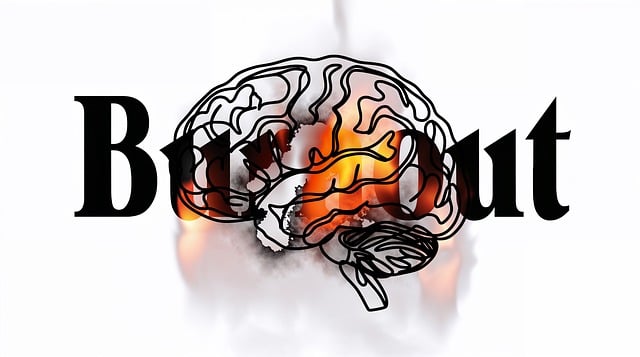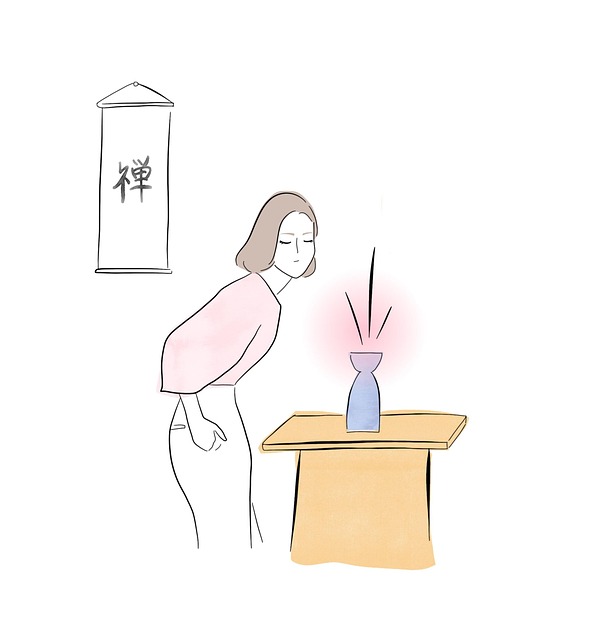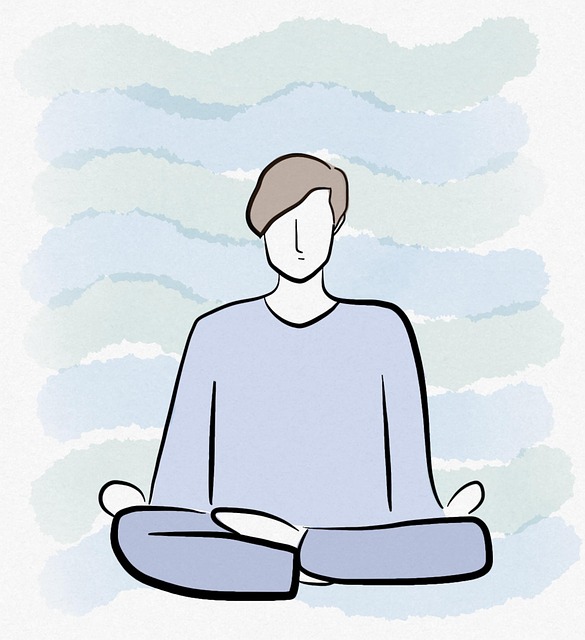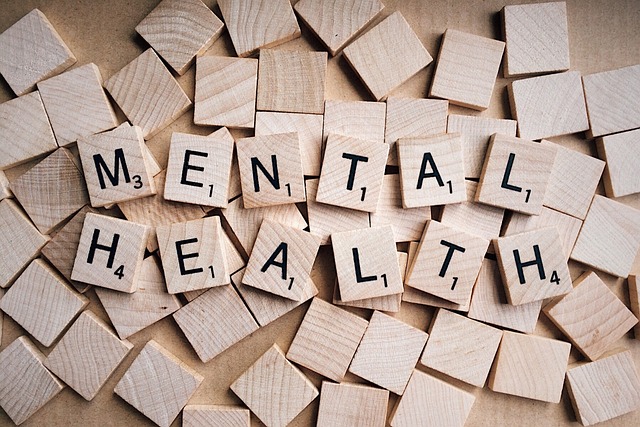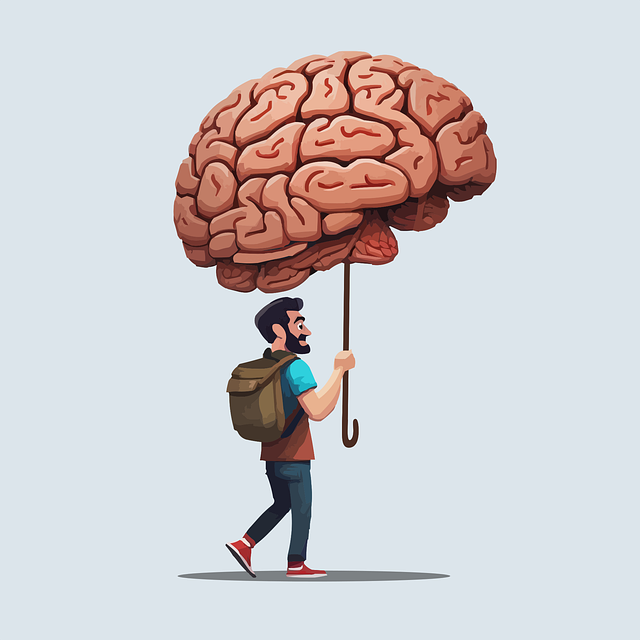Mental illness stigma significantly hinders access to support and treatment, leading to discrimination, isolation, and self-stigmatization. Lone Tree Biofeedback Therapy tackles this issue by offering alternative treatments like Mindfulness Meditation and Stress Management techniques, aiming to destigmatize mental health, empower individuals, and encourage open conversations. This innovative approach, focusing on physiological responses, helps manage anxiety and stress, breaking down barriers in the digital age where mental wellness is prioritized. Educational initiatives, community engagement, policy changes, and media representation all contribute to reducing stigma, fostering understanding, and supporting those with mental illness.
Mental illness stigma remains a significant barrier to treatment and recovery, affecting millions worldwide. This article explores targeted efforts to reduce this harmful social construct, focusing on the role of innovative therapies like Lone Tree Biofeedback. We delve into educational initiatives, community engagement strategies, and policy changes that are transforming societal attitudes. By examining these key components, we aim to illuminate a path toward a more supportive and inclusive society for those living with mental health challenges.
- Understanding Mental Illness Stigma and Its Impact
- The Role of Lone Tree Biofeedback Therapy in Reduction Efforts
- Educational Initiatives and Community Engagement
- Policy Changes and Media Representation for a More Supportive Society
Understanding Mental Illness Stigma and Its Impact

Mental illness stigma is a pervasive issue that often prevents individuals from seeking necessary support and treatment. This societal misconception can lead to discrimination, isolation, and even self-stigmatization among those affected. Stigma surrounding mental health conditions creates barriers, making it challenging for people to openly discuss their struggles and access quality care. The impact of such stigma is profound, leading to increased anxiety, depression, and a reluctance to engage in therapeutic practices like Mindfulness Meditation or Stress Management techniques offered by Healthcare Provider Cultural Competency Training.
Lone Tree Biofeedback Therapy plays a crucial role in countering this stigma by providing alternative treatment options that promote self-awareness and healing. By offering specialized therapy, the team at Lone Tree Biofeedback aims to destigmatize mental health issues, fostering an environment where individuals feel empowered to take charge of their well-being. Through various therapeutic approaches, they encourage open conversations about mental illness, reducing the fear and judgment often associated with seeking help.
The Role of Lone Tree Biofeedback Therapy in Reduction Efforts

Lone Tree Biofeedback Therapy is emerging as a powerful tool in the ongoing battle against mental illness stigma. By focusing on physiological responses and providing individuals with direct control over their brain activity, this therapy offers a unique approach to self-care practices. It empowers people to actively participate in managing their mental health, which is particularly effective for anxiety relief and stress reduction methods.
In today’s digital era, where mental wellness has become an increasingly important topic, Lone Tree Biofeedback Therapy contributes to a broader understanding of mental illness as a treatable condition. By promoting non-invasive, evidence-based techniques, this therapy breaks down barriers and encourages open conversations about mental health struggles. As more people seek alternative solutions for managing stress and anxiety, biofeedback therapy is poised to revolutionize self-care routines, fostering a more supportive environment for those dealing with mental illness.
Educational Initiatives and Community Engagement

Educational initiatives play a pivotal role in mental illness stigma reduction efforts. Programs like Lone Tree Biofeedback Therapy focus on providing accessible resources to foster understanding and empathy within communities. Through workshops, seminars, and interactive sessions, individuals can learn about various mental health conditions, their causes, and effective coping strategies. These educational endeavors help demystify mental illness, challenging stereotypes and promoting acceptance.
Community engagement is equally vital. By involving local organizations, schools, and faith groups, Mental Illness Stigma Reduction Efforts can gain traction and create lasting change. Social Skills Training programs, for instance, empower individuals to navigate social interactions with confidence, reducing isolation often associated with mental health struggles. Encouraging open dialogue and sharing personal experiences builds a supportive network, fostering inner strength development and a collective understanding of the power of resilience.
Policy Changes and Media Representation for a More Supportive Society

In efforts to reduce mental illness stigma, policy changes and media representation play a pivotal role in fostering a more supportive society. Governments worldwide are implementing laws that protect individuals with mental health conditions from discrimination, ensuring equal access to healthcare services. These policies, coupled with inclusive media portrayals, can significantly shift public perception. For instance, incorporating stories of recovery and resilience in the media, featuring characters from diverse backgrounds, including those who have sought help through avenues like Lone Tree Biofeedback Therapy, can normalize conversations around mental health.
Furthermore, risk management planning for mental health professionals, emphasizing cultural sensitivity in mental healthcare practice, and promoting stress reduction methods are integral to this process. By adopting these strategies, society can create a network of support that encourages open dialogue about mental illness, reduces barriers to treatment, and ultimately, saves lives.
Mental illness stigma reduction is a multifaceted effort that requires understanding, education, policy changes, and supportive media representation. By integrating approaches like Lone Tree Biofeedback Therapy, enhancing community engagement, and fostering inclusive educational initiatives, we can create a more accepting society. These collective efforts are vital to ensuring people with mental health challenges receive the support and care they deserve.
